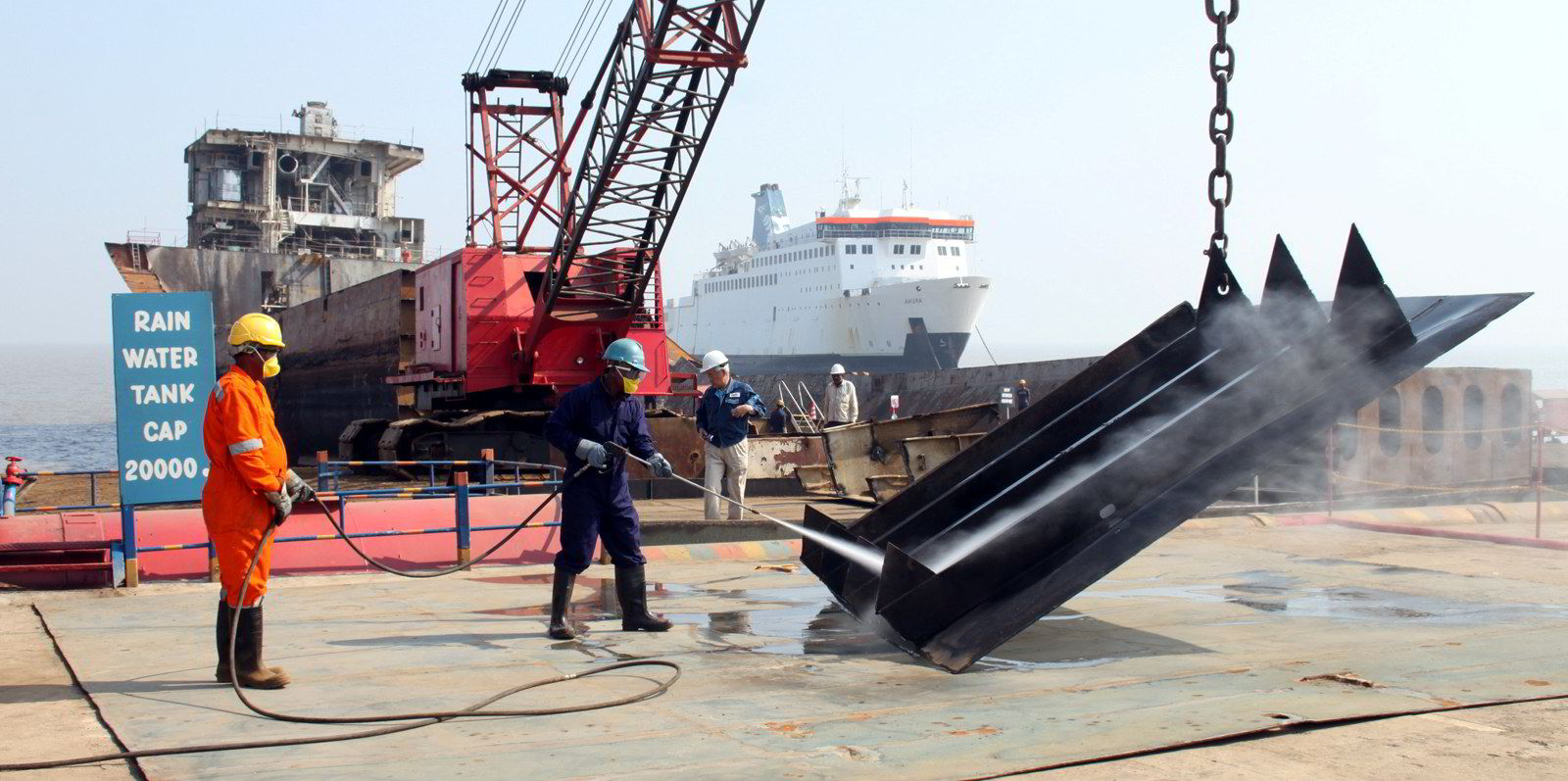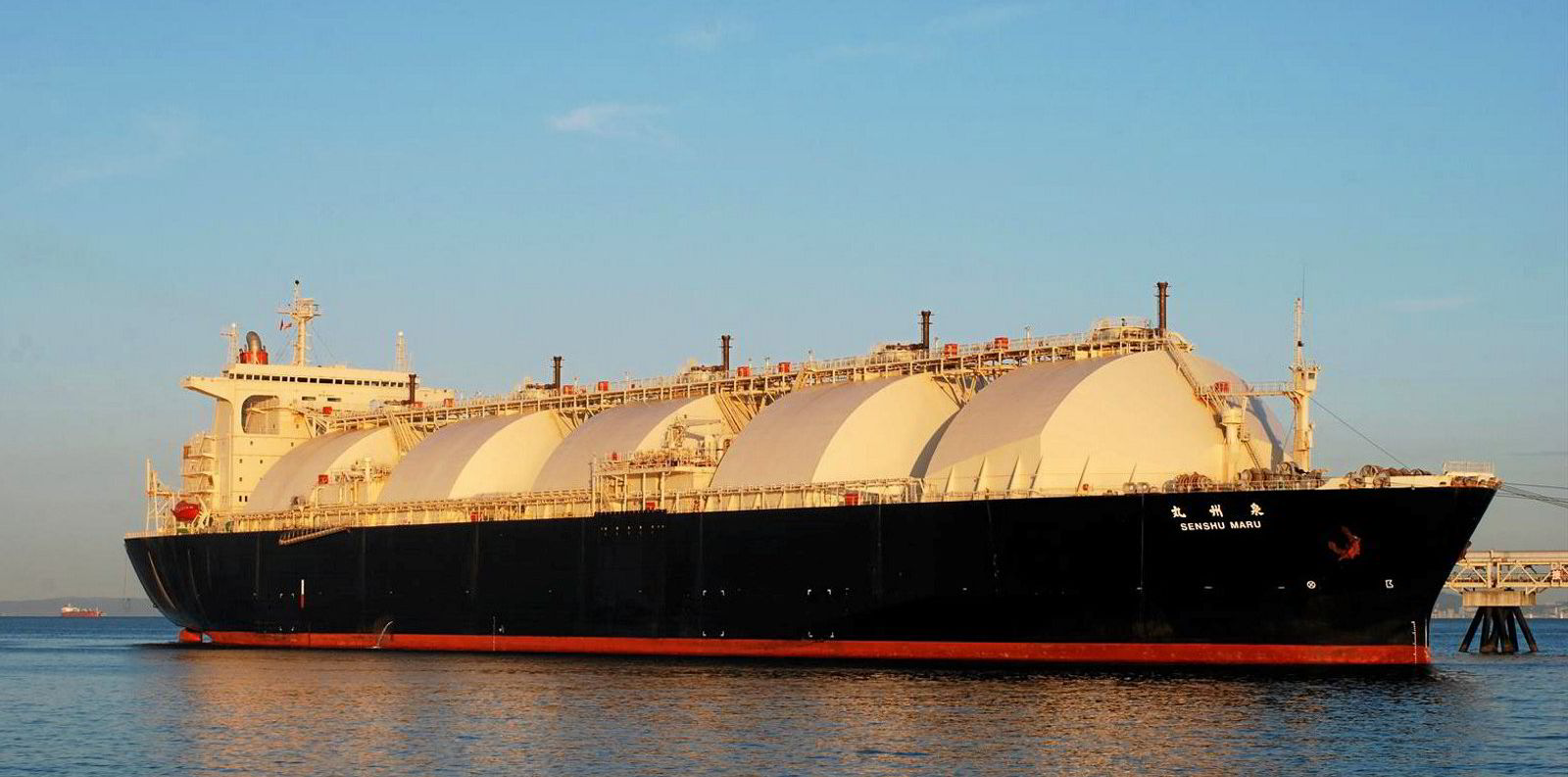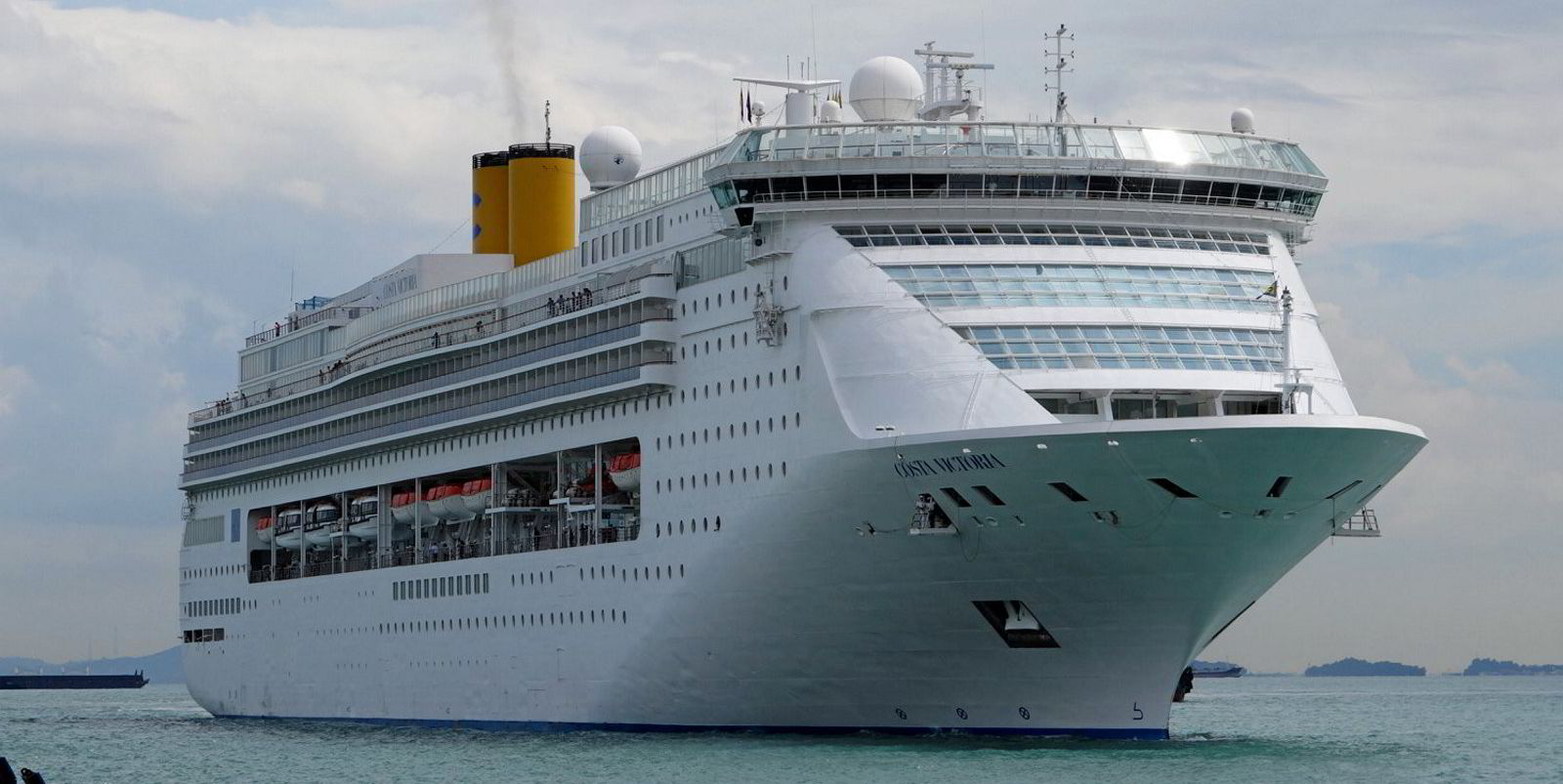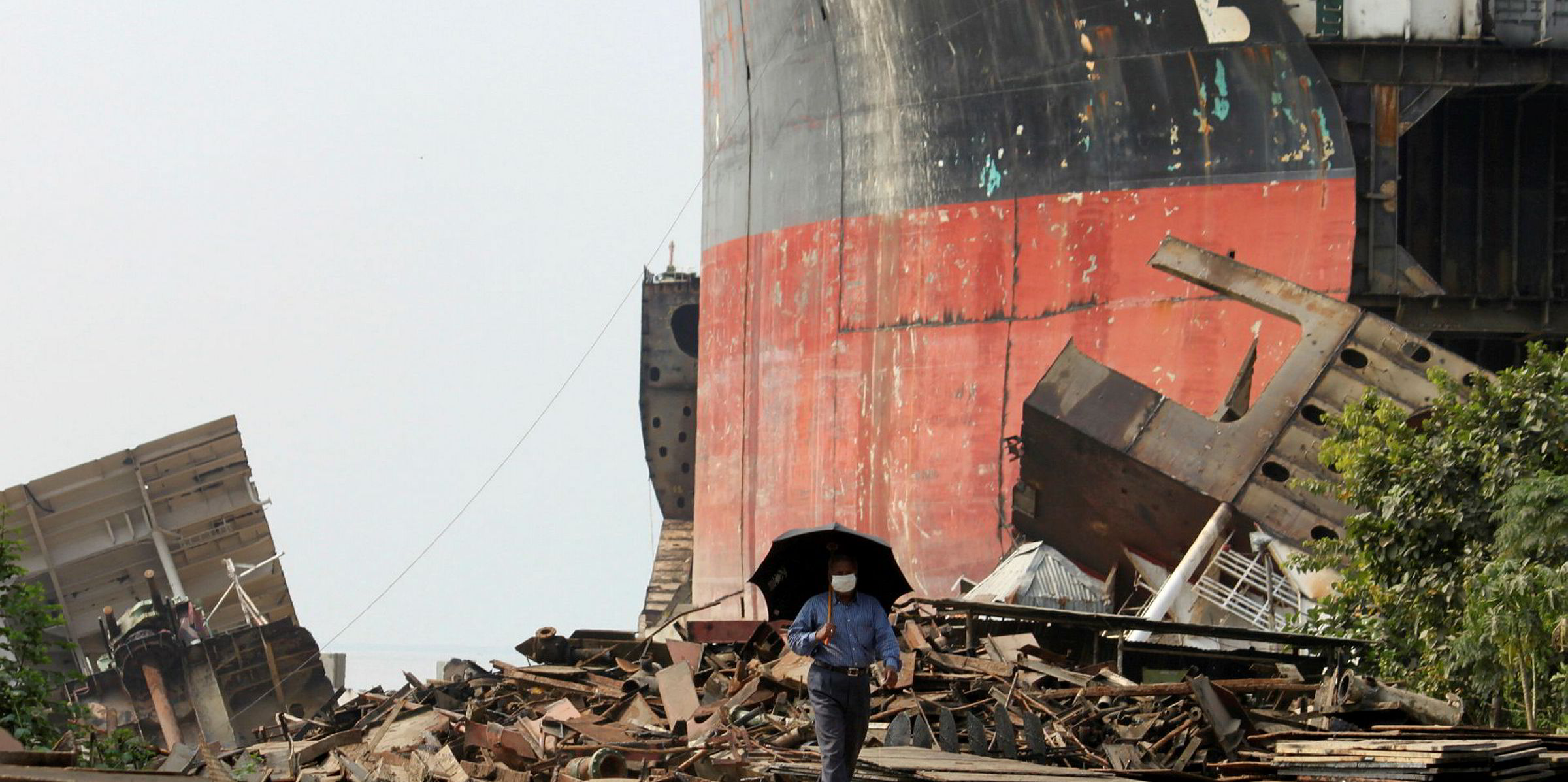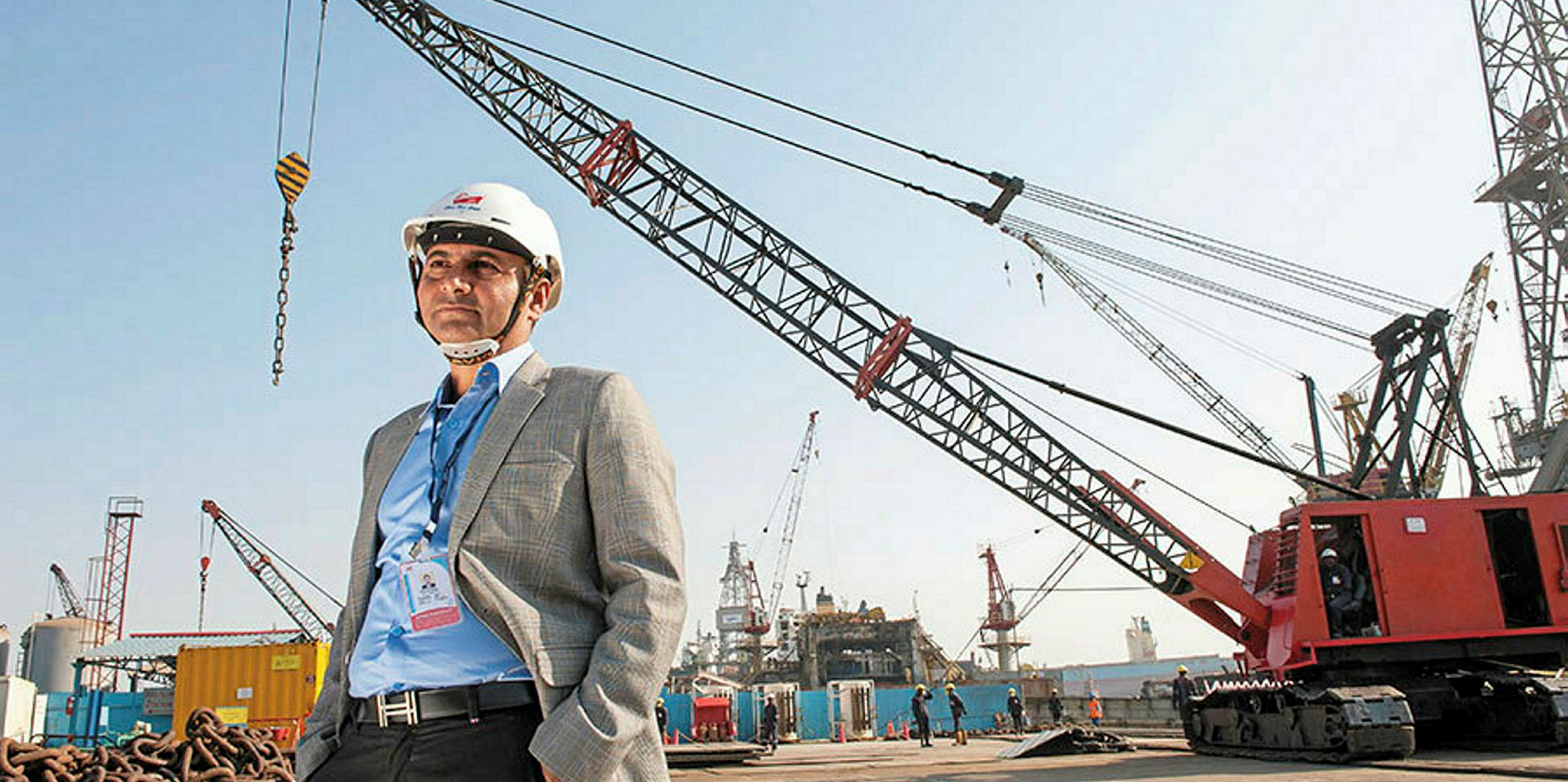Europe is hampering its efforts to boost green ship scrapping capacity through a combination of political, legal and commercial manoeuvring, speakers at a webinar warned.
“Europe is at a crossroads on this issue, having made quite virtuous noises over time and brought in Basel and listened to the NGO [Shipbreaking] platform,” John Stawpert, manager for environment and trade at the International Chamber of Shipping, told the Immediasea Ship Recycling webinar.
“They really are now in a position where they have to decide whether they want to improve conditions in global ship recycling through the Hong Kong [Convention] regime or whether they are more concerned with protecting the reputation of their instrument [the EU Ship Recycling Regulation (SRR)] and pushing unrealistic ambitions for domestic [recycling] trade.”
The European Community Shipowners' Associations director of maritime safety and environment, Sotiris Raptis, said it regretted that no Indian recyclers had made it to the final European Union list of approved facilities last November, despite their “significant progress”.
The European Commission currently interprets the Basel Ban Amendment — which came into force in late 2019 and regulates the export of waste from Europe — as not legally allowing any recycling facilities in non-OECD countries to be included in the approved list, he said.
Raptis said the EC is looking at the possibility of negotiating a bilateral deal with India, legally allowing the export of waste to a non-OECD country, so that Indian ship recyclers could in future be included in the SRR list.
“However, it is a big question if these negotiations will be launched,” he said. “There is a lot of discussion in the EU whether the SRR is equivalent to the Basel Ban and whether the commission should be allowed to launch negotiations with the Indian authorities.”
The EC has said it will revise the SRR in 2023 to potentially include a financial incentive scheme and a measure regarding EU beneficiary ownership.
Stawpert said these actions had the potential “to complicate what should be moving to a fairly streamlined and common approach to the business of international ship recycling”.
'Europe is tying itself in knots'
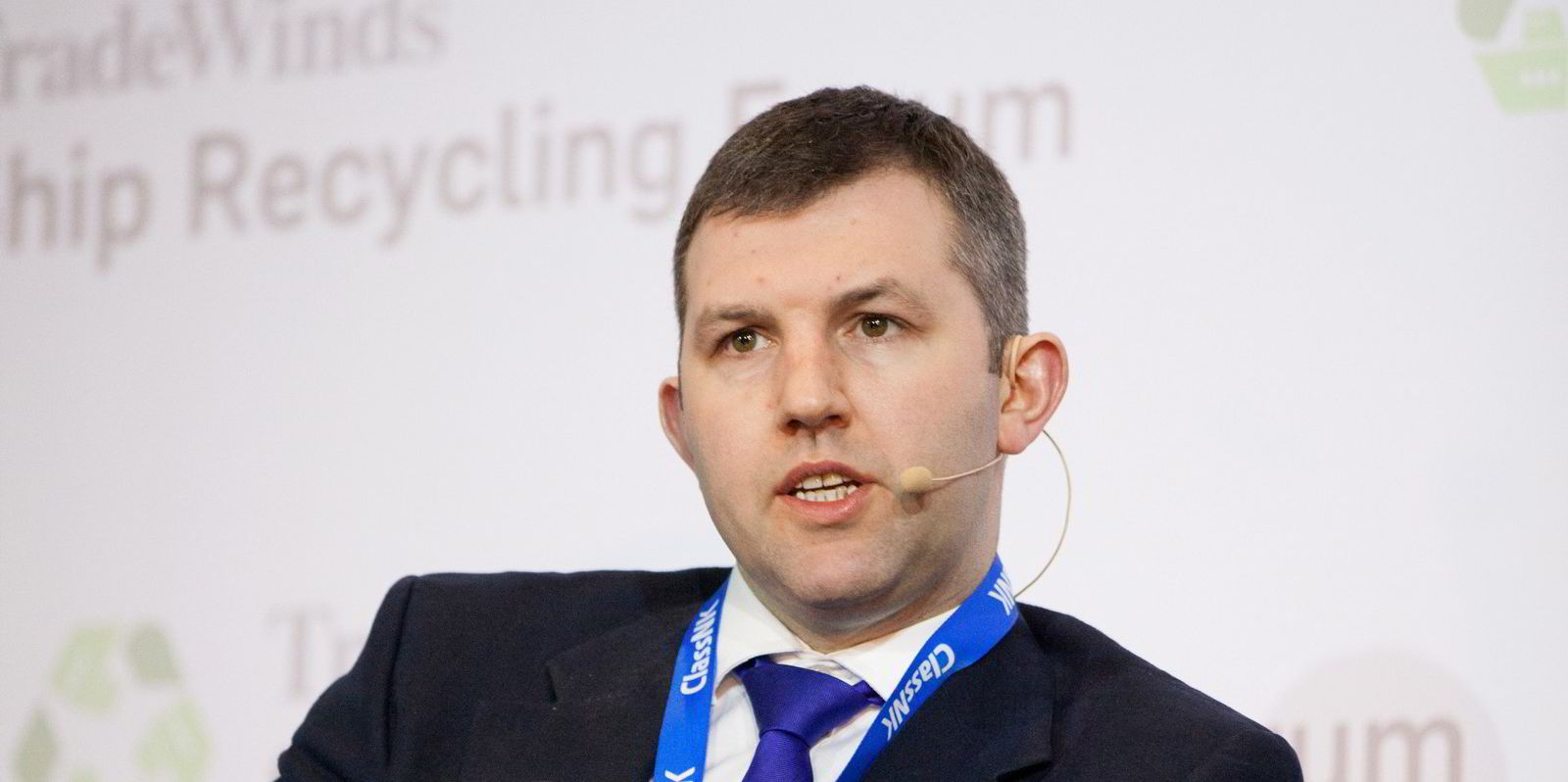
He said European ship-breaking capacity was a myth and that the EU is tying itself in “unnecessary knots” over the application of the Basel Ban.
“What it seems they are doing with this and the prospective revision of the regulation [SRR] and the inclusion of new clauses that have been thrown out previously, like beneficiary ownership and the financial incentive mechanism, is actually putting up barriers to transparency and the willingness to engage with the European regime,” Stawpert said.
Raptis said the revision holds “the risk that facilities in non-OECD countries are not included in the European list and the Basel Ban stands forever. It would mean facilities outside OECD countries would never be included in the EU list.”
Raptis and Stawpert warned that there was limited ship-breaking capacity in Europe.
Grieg Green chief executive Petter Heier, which has recycled 120 vessels, said European shipyards have underestimated the complexity of recycling. “We have recycled vessels in North Europe not very successfully. Europe has a long way to go technically.”
Ilker Sari, president of Turkish cash buyer Rota Shipping, said the country was also disappointed that only seven of 15 yards that attempted to join the SRR list had been accepted, with an oversupply of cruiseships in the Eastern Mediterranean looking for breaking facilities in the region and a lack of space for Turkish yards to expand.
The UK’s exit from the EU takes away even more capacity, with two facilities already being excluded from the SRR list and the third in Northern Ireland dropping out in 2024.
Although China’s ship recycling facilities are expected to reopen to international business in 2021, a lack of capacity is pushing scrap prices close to trading prices in certain sectors.
Anil Sharma, founder and chief executive of cash buyer GMS, said that with Bangladesh’s need to import scrap iron, as it cannot smelt iron ore, and with some vessels increasingly being pushed out of the trading market in future by environmental regulations and safety issues, VLOCs have been selling for recycling at higher levels than for further trading.
